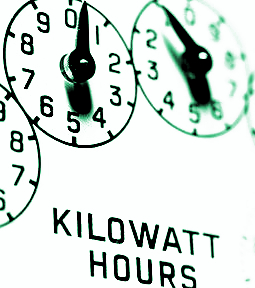Dim faith in power firms
 Australia’s trust in energy companies has hit a record low.
Australia’s trust in energy companies has hit a record low.
The Australian Energy Market Commission (AEMC) has released a review of competition in the energy sector, which found that only 39 per cent of Australians trust their energy company.
That figure is down from 50 per cent last year. Retail power prices rose across Australia by between $110 and $316 during the 12 month period.
“The recent announcements by the major energy retailers about keeping prices flat or falling is certainly very welcome news,” AEMC chairman John Pierce says.
“But over the last 12 months, the confidence or trust that consumers have in the sector is taking a bit of a battering.”
“The confidence that people have is less than a lot of other sectors where they have to make similar choices — insurance, mobile phone plans, banking.”
It is worth noting that the AEMC took its data from before some the revelations from the banking royal commission, which may have damaged trust in that sector.
Some minor price cuts are beginning to emerge, but they will have to go a long way to make up for the massive increases from the previous year.
Consumer advocates say people are becoming more likely to shop around.
“They are confused and frustrated with the energy market, and that's both gas and electricity,” Gavin Dufty, policy and research manager at the St Vincent de Paul Society, told the ABC.
“The feedback that we're getting is not only are they concerned about the 'confusion-opoly' that the energy industry is.
“They also all have different ways to entice you, which means you're not really sure what you're getting. It looks good, but at the end of the day when the bill turns up it may not be good.”
Mr Dufty said political bickering over energy does not help customers make decisions either.
The AEMC report also found network charges (costs of maintaining poles and wires) are being passed on to retailers.
Mr Pierce said retailers could win back some community support by pressuring networks to cut some of those charges.
“The process certainly allows them to be involved,” he said.
“On some of the major things that drive those network charges, I would expect those commercial retailers would be very well placed to put a view to the Australian Energy Regulator about what the rate of return should be on those network charges.”








 Print
Print